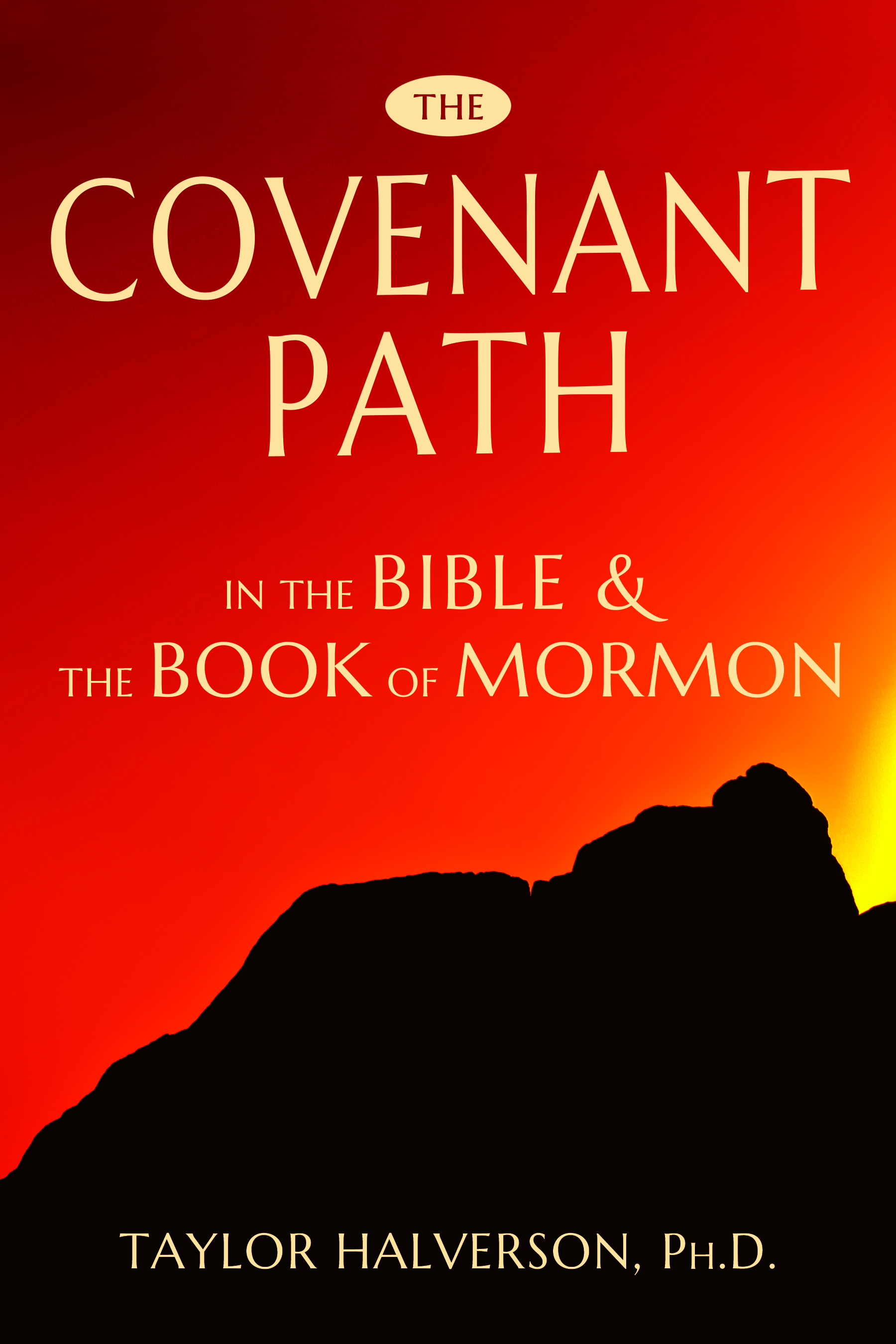“O, remember, my son, and learn wisdom in thy youth; yea, learn in thy youth to keep the commandments of God.” (Alma 37:35)
This verse is beloved and well-known among all the words of Alma the Younger. Simple. Powerful. Compelling.
We all know these words so well that we may not pause to ask, “what is wisdom?”
What Is Wisdom Literature
In the Bible, there is a set of writings called “Wisdom Literature.” These books include Proverbs, Psalms, Job, Ecclesiastes, and the Song of Solomon.
The purpose of wisdom literature is to preserve wise sayings of a righteous parent or leader to a young and growing child. The righteous and wise parent delivers instructions to the child on how to live a happy, prosperous life by putting God first and keeping the commandments.
We see this in Proverbs 7:1-3, “My son, keep my words, and lay up my commandments with thee. Keep my commandments, and live; and my law as the apple of thine eye. Bind them upon thy fingers, write them upon the table of thine heart.”
As we’ve seen elsewhere, keeping the commandments shows covenantal love and faithfulness to God. A wise person is one who is loyal to God and demonstrates that loyalty by keeping the commandments.
Alma seems to be echoing this wise tradition in his words to Helaman.
Who Wrote Wisdom Literature
Few people in ancient Israel were literate. Scribes were those who primarily preserved the written word. And learning to read and write is an intensive, long-term commitment. What texts were used to teach the developing scribe? Wisdom literature. Young scribes practiced learning to write by using cherished passages from the Book of Proverbs or other wisdom writings. In this way, they learned both to write and they learned crucial life lessons they could pass down through the ages for the benefit of generations of people.
Why Wisdom Literature Matters for the Book of Mormon
The fact that Nephi knew how to read and write is strong evidence that he was trained in the ancient Israelite scribal tradition centered on wisdom literature. I believe that Nephi perpetuated his scribal training for those who followed in his footsteps as a prophet-scribe, such as Alma the Younger and Mormon.
Indeed, the Book of Mormon can fruitfully and meaningfully be read as a wisdom text. That is, the Book of Mormon preserves the wise words of righteous parents or leaders for children who are growing into maturity. Throughout the Book of Mormon, wise words invite us to remember and trust God, to be loyal to our covenants, and to reap the joyful blessings of faithfulness to God.
For more on the beauty and significance of reading the Book of Mormon as an ancient wisdom text, see my article Reading 1 Nephi with Wisdom and “His Secret Is with the Righteous”: Instructional Wisdom in the Book of Mormon by Alyson Skabelund Von Feldt.
What to Do
Questions to consider:
- What wise words have you learned from loving parents and leaders?
- How does the Book of Mormon preserve and teach wisdom?
- What wisdom from the Book of Mormon has blessed your life?
Study tip: Read several chapters in the biblical book of Proverbs. Make a short list of key ideas you see in the text. Then when you read portions of the Book of Mormon, look for those themes.
More from Taylor Halverson
Find out for yourself why my latest book hit #1 on Amazon! Hear Him: Listening to the Voice of God in Scriptures and in Our Lives by Taylor Halverson, Lisa Halverson, and Tyler Griffin.
Want to better understand the Bible and the Book of Mormon? Then this is a must-read The Covenant Path in the Bible and the Book of Mormon available on Amazon and Deseret Book!

Join my newsletter and receive a free humorous eBook Memoirs of the Ward Rumor Control Coordinator is a light-hearted look at our beloved Mormon Church of Jesus Christ of Latter-day Saints culture. When you join my newsletter, it’s a bit like voting for Pedro. Your wildest dreams might come true!








